Host Matt DeWolf and guest Tara Baugher, incoming 2025 president of Leadership Worth Following and director of operations for sales and marketing at Ver-Tech Labs, discussed how car washes can approach price adjustments without alienating customers. Baugher said the key is ongoing planning and data analysis—not reacting under pressure.
"My rule of thumb is if you're questioning it, you probably should start looking at it," Baugher said. "Operators know their business better than anybody, and if they're starting to feel the pressure, if margins are starting to get smaller, it is inevitable."
DeWolf addressed the anxiety many operators feel about raising prices, noting that regular menu updates are standard practice in many industries but can still unsettle owners. "That's the quickest way to alienate customers, is for you to spring it on them," DeWolf said. "Or for them to feel like it was sprung on them." He stressed that panic-driven price hikes often backfire and encouraged listeners to always be ready for adjustments before the need becomes urgent.
Baugher reinforced the value of a consistent, forward-thinking mindset. "Plan for your next price change... always have a plan for the next time that you want to pivot or change something," Baugher said.
Pricing strategies, the speakers said, must address both internal business realities and competitive factors. "Your competitors should not be the sole reason why you're driving your prices and your pricing strategy. But you have to consider all factors," Baugher said.
DeWolf pointed out that car wash owners must clearly define their position in the market. "That's a brand decision," he said. "You should know that before you start your business, to be quite frank. You need to know what you want to be when you grow up, because you're going to grow up fast."
Baugher recommended leveraging customer data to guide price changes. "Knowing where your percentages are on a member and retail basis is crucial... you have to know where you are to get to where you want to go," Baugher said.
DeWolf described the importance of menu design and package strategy, saying that moving customers to higher-value packages should be a deliberate goal. "Ultimately what you're trying to do is move that base package person up one level, up one level until they're at the top. That's the whole game," DeWolf said.
Communication is also essential when implementing changes. "I am a big proponent of communication," Baugher said. She suggested sending digital notifications at least 30 days ahead of changes and adding on-site signage two weeks prior. "As a consumer myself, I would be frustrated if a program I was subscribed to increased prices without telling me," Baugher said.
"When it comes to change management, one of the key tenets there is being transparent," DeWolf said. "Nothing feels worse than being surprised in a negative way with a price increase that you never saw coming."
When crafting the message, Baugher said less is more. "Customers don't care why you're raising your prices. They just care that you do," she said. She recommended using terms like “menu adjustments” rather than “price increases” and focusing on continued quality and value.
Timing also matters, Baugher said, advising operators to avoid the start of the year, when consumers are most sensitive to costs. "Plan and execute your price change... during busy season. Leverage that momentum," Baugher said.
DeWolf encouraged operators to stand by their value and not be defensive. "We need to properly value what we're doing and the offer that we have on the table. We have to have confidence in that, because if we're not and you make a price change, it's not going to go well," DeWolf said. He also warned against overexplaining or blaming market forces, saying, "What you don't want to do is send out a message to your customer base that says, everything is so hard for me and my business right now, and everything costs me so much darn money that I have to raise my prices just to continue to pay my people. That is like a nuclear bomb on your business."
According to Baugher, well-managed price increases typically result in only minimal customer loss. "Even with an aggressive price change, if done correctly, you'll see maybe less than 4%, 3% people drop off... and almost all of those people come back," Baugher said.
The episode closed with reminders that regular pricing reviews and honest, confident messaging are critical to building resilient car wash businesses. "This happens all the time with ice cream in grocery stores. Price increases are normal. It's a fact of everyday life," Baugher said. "You don't have to over explain. You don't have to blame. Just say what it is."
"Everything is going to be fine," DeWolf said. "You are worth it."
Subscribe in your podcast platform:
SPOTIFY | APPLE PODCASTS | POCKET CAST | YOUTUBE

